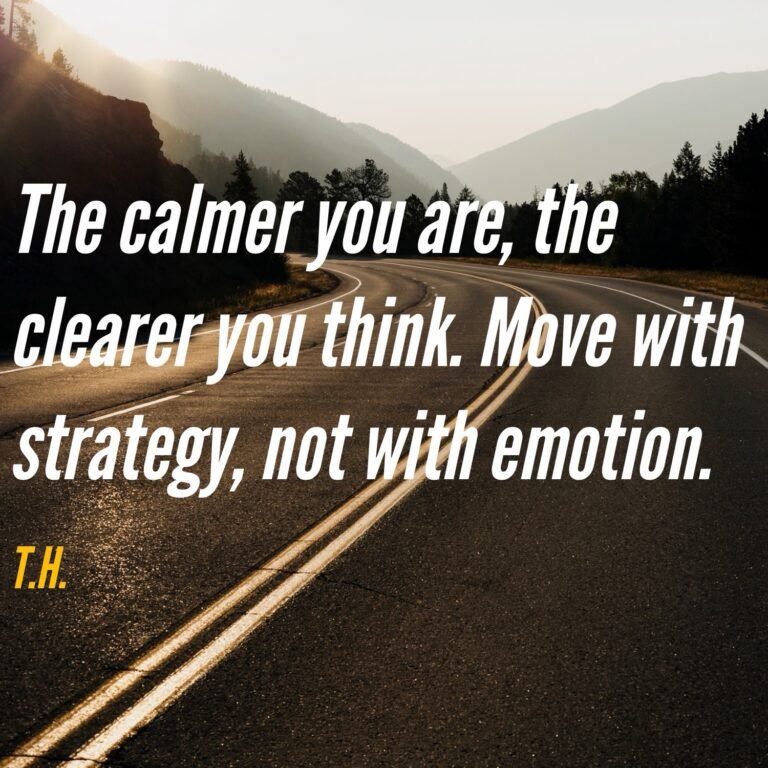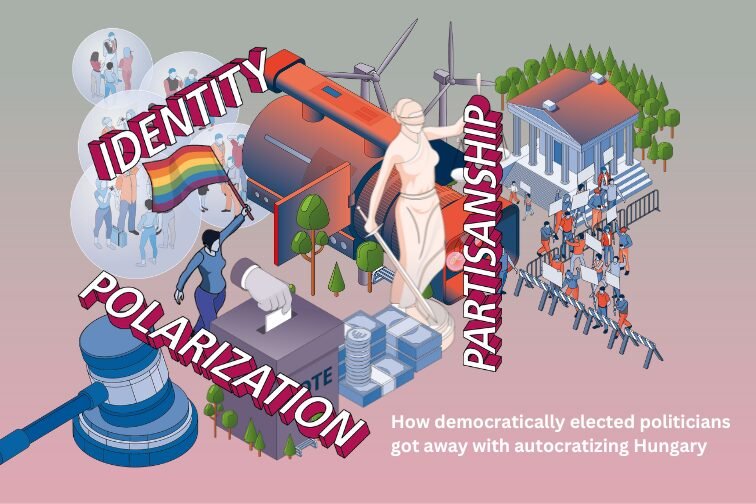A Message of Love and Resilience: Caring for Yourself While Caring for Others
On December 24, 2024, I officially returned to work after an extended recovery following surgery—a break I needed more than I initially realized. The three pictures below tell part of the story: dramatic weight fluctuations between 2019 and today. I am proud to share that I am healthier now, more conscious of my stress levels and eating habits, and grateful for the recovery journey that brought me to this point. Like many others, the COVID years took a significant toll on my physical and emotional well-being. For me, the path included countless tests, doctor’s visits, surgery, and a period of recovery. Thankfully, I came through it stronger.
My time away was not merely a pause. It was a reprieve, a vital opportunity to heal from the physical and emotional toll inherent in a role defined by constant crisis response and support for a large student population. As a first responder in residence life, my work requires 24/7 attention to immediate crises while also providing ongoing care for students and staff. This combination is both deeply rewarding and unrelentingly demanding.
Loving Yourself While Loving the Profession
This post is for those of us who love this profession—those who find joy in serving students, supporting staff, and contributing to a vibrant campus community. Yet, this post is also a reminder: as much as we love our work, we must love ourselves too. It’s easy to lose sight of our own needs in a field that celebrates selflessness and dedication, but the cost of neglecting self-care can be devastating.
The COVID-19 pandemic amplified this reality for many in student affairs. The demands of crisis management during unprecedented times, coupled with the emotional labor of supporting a vulnerable and diverse student population, left many of us stretched too thin. Burnout, compassion fatigue, and health complications became all too common (Jackson Preston et al., 2023; Marcus, 2019). For me, the physical manifestation of this toll was stark. The weight gain, sleeping issues, and subsequent weight loss mirrored the stress and eventual recovery I experienced. It was a humbling reminder that my well-being cannot be an afterthought.
The Emotional Complexity of Stepping Away
In student affairs, taking time off—even for surgery and recovery—comes with a mix of relief and worry. There’s an unspoken culture in our field: the “red badge of courage” for working ourselves to the point of exhaustion or illness. This over-reliance on our professional roles often ties our identity and self-worth to our ability to be present and available at all times (Walker et al., 2023). Stepping away, whether for health or personal reasons, raises questions: Who will advocate for me while I’m gone? Will the system crash in my absence? How will my commitment be perceived?
These concerns are amplified for senior leaders, whose absence can feel like a tipping point for already-stressed systems. This apprehension isn’t unfounded. Research consistently highlights the strain on student affairs professionals, especially those serving as first responders in crisis scenarios, with long hours and high emotional labor leading to burnout, secondary traumatic stress, and health complications (Jackson Preston et al., 2023; Marcus, 2019).
Returning to Serve: Gratitude and Advocacy
I am thrilled to return to the work I love: supporting residential students, empowering my staff, and advancing the goals of my department, division, and university. Yet my time away has reinforced the importance of designing systems that enable seamless service and support, even in the absence of key leaders. Before my surgery, I advocated for and received critical staffing modifications that made our structure more resilient. These changes ensured uninterrupted care and support for both students and staff—a necessity in an era marked by increased turnover and attrition in student affairs (Bryant, 2023).
By reinforcing staffing structures, we reduce the over-reliance on individuals, particularly senior leaders, and create a foundation where stepping away does not disrupt services. Such resilience isn’t just good practice; it’s essential for the health and sustainability of our teams.
Recovery as a Catalyst for Change
My recovery has been more than physical; it has been a catalyst for reflection and change. I have returned to a role I love, but with a renewed commitment to advocating for sustainable practices—not just for myself but for my team and our broader field. Here are some lessons I offer to graduate students, entry level professionals, and mid-levle professionals in student affairs:
- Advocate for Yourself and Others – Speak up for wellness-oriented policies that prioritize work-life balance. Advocate for clear role definitions, equitable workloads, and sufficient staffing. The health of our teams depends on these foundational supports (Walker et al., 2023).
- Redefine Leadership – Leadership isn’t about constant availability. It’s about fostering systems that empower teams to thrive independently. Creating resilient structures isn’t just a good idea; it’s a necessity for reducing burnout and maintaining uninterrupted service to students (Marcus, 2019). Advocate for yourself and teams and do not take no for an answer when the existing staffing structure has intensified and sped up the burnout and attrition cycle and document your advocacy, concerns, and rationale…that last part.
- Practice Intentional Self-Care – Many have said this much better than I will but…Recognize that self-care isn’t selfish; it’s an act of love—for yourself and for the profession you serve. Whether it’s setting boundaries, seeking support, or simply taking a break, caring for yourself enables you to care for others more effectively (Jackson Preston et al., 2023).
- Celebrate Recovery and Growth – Recovery, whether from surgery, burnout, or another challenge, is an opportunity to reimagine your priorities. My own journey has taught me to honor my limits and celebrate the resilience that emerges from adversity.
A Reflection for Those Who Need It
To my colleagues in student affairs: this profession thrives because of your dedication, compassion, and tireless efforts. But it cannot thrive at the cost of your health or happiness. As much as you love this work, remember to love yourself. Your well-being is not a luxury; it is a necessity for sustaining the impact you make every day.
As I step back into my role, I do so with gratitude—for my health, for the lessons learned, and for the opportunity to continue serving students and staff. Let’s lead not from a place of martyrdom but from a place of balance and resilience. Together, we can redefine what it means to thrive in student affairs.
Reflective Questions
- How can student affairs professionals advocate for structural changes that support sustainable leadership?
- What steps can institutions take to address burnout and promote wellness for student affairs staff?
References
Bryant, A. L. (2023). Exploring the experiences of Black male residence life professionals working at predominantly white institutions: A phenomenological study of 2020. University of Central Florida.
Jackson Preston, P., Brown, G. C., Garnett, T., Sanchez, D., Fagbamila, E., & Graham, N. (2023). “I am never enough”: Factors contributing to secondary traumatic stress and burnout among Black student services professionals in higher education. Trauma Care, 3(2), 93–107. https://doi.org/10.3390/traumacare3020010
Marcus, C. A. (2019). The cost of helping traumatized students: Compassion fatigue in student affairs professionals. Louisiana State University.
Walker, W. B., Riley, A., Tobin, M., & Ada, J. (2023). Overworked and underpaid: Manifestations of burnout among student affairs professionals at Midwestern University. Journal of the Student Personnel Association at Indiana University, 104–121.







